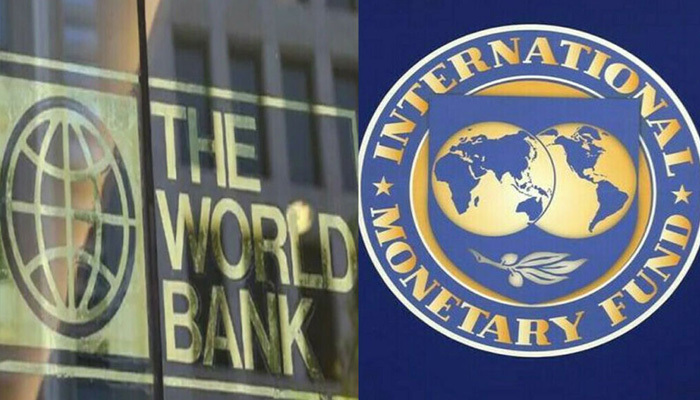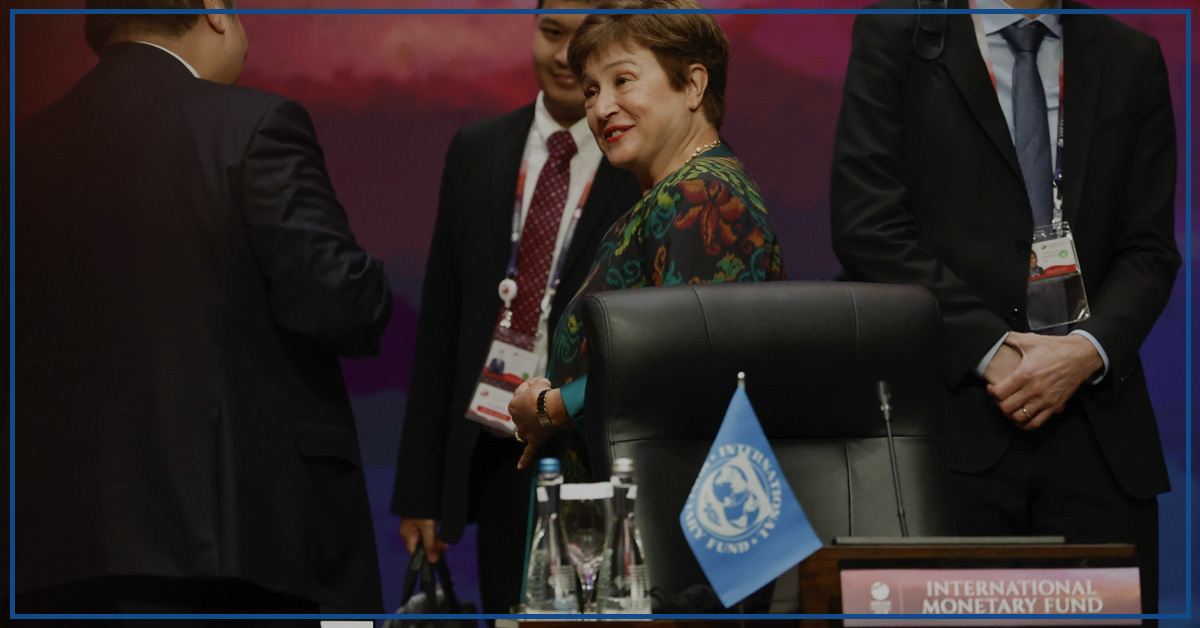The International Monetary Fund (IMF) and World Bank made an unusual joint statement on Thursday, pledging to work together more closely to address pressing global issues. This statement comes ahead of a G20 leaders summit in India this week and highlights their commitment to tackling climate change, financial vulnerabilities, and the digital transitions of countries.
IMF Managing Director Kristalina Georgieva and World Bank President Ajay Banga, in their joint statement, emphasized that these institutions, with their broad membership and specialized knowledge, are in a unique position to help countries face various challenges. These challenges range from climate-related disasters to slowing economic growth and geopolitical tensions.
Ajay Banga, who started as the new president of the World Bank in June, will attend his first G20 summit. His mission is to expand the bank’s resources to address not only poverty but also urgent global crises such as climate change, pandemics, and fragility.
At the G20 summit, US President Joe Biden aims to reform the World Bank and other multilateral development lenders, focusing on increasing their lending for climate-related and infrastructure projects. The US views these institutions as essential to counterbalance China’s overseas lending efforts.

Recognizing climate change as a global threat to peace, security, economic stability, and development, the IMF and World Bank intend to help member countries integrate climate and development goals. They plan to establish regular meetings of the Bank-Fund Climate Advisory Group to monitor climate-related developments in key projects, including loans provided through the IMF’s Resilience and Sustainability Trust, which supports middle-income countries in climate resilience and transition efforts.
Furthermore, these institutions will intensify their efforts to prevent the accumulation of debt vulnerabilities in countries. They will assist nations in improving debt management, transparency, and public finances. Additionally, they will collaborate with creditors and debtors involved in debt restructuring and work with partners to enhance restructuring processes.
In the realm of digital transformation, the IMF and World Bank commit to helping countries connect their citizens to online services and reduce barriers to digital inclusion.
In summary, the IMF and World Bank are joining forces to address critical global issues, including climate change, debt challenges, and digital transitions, with the aim of promoting global stability and development.





